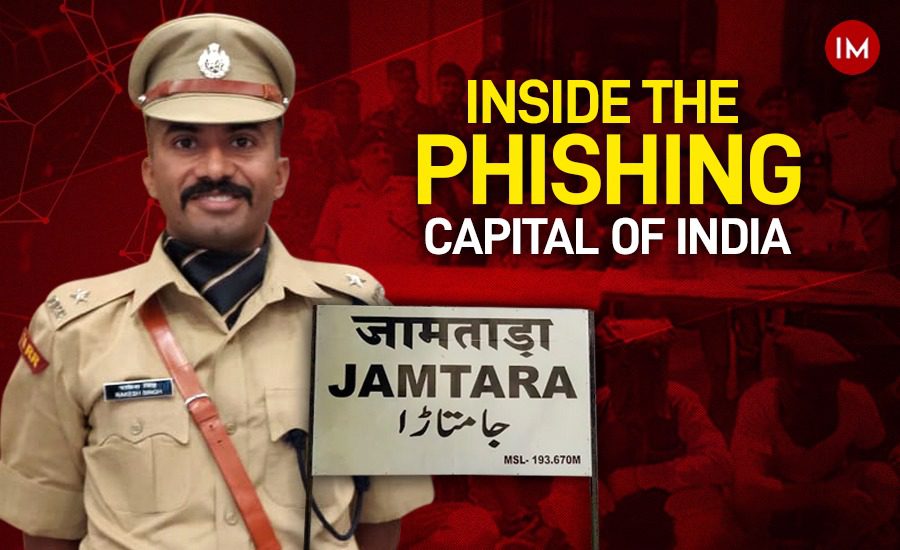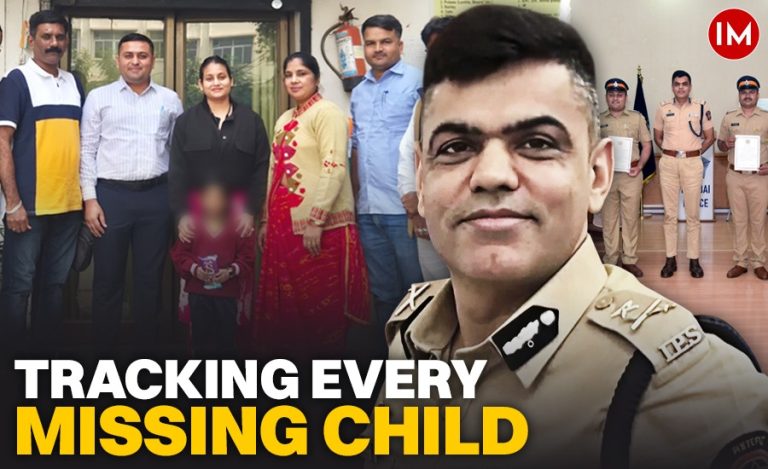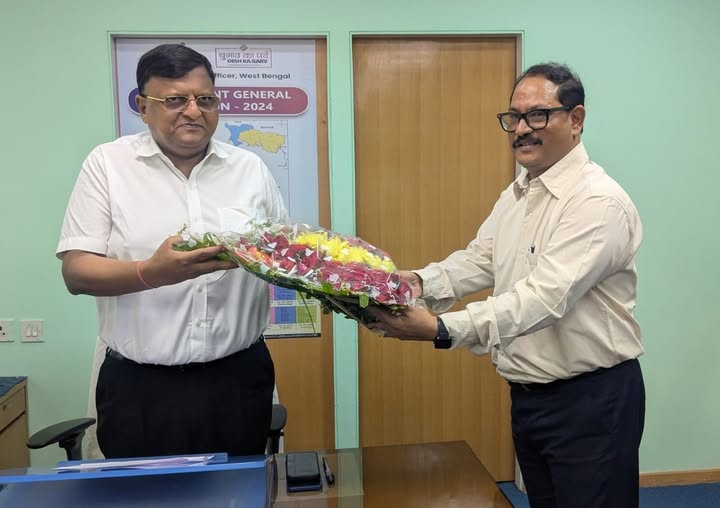Known as the ‘phishing capital of India’, the Jamtara district of Jharkhand is infamous for organised cyber crime. For several years now, cyber crimes all across the country are being traced back to Jamtara, on investigation.
Due to the lack of job opportunities, more and more youngsters are getting involved in these crimes which are conducted in such an organized manner that it is giving a hard time to the police. No doubt they have been able to nab many offenders and bust many gangs, yet, there is a lot more to do.
In just 3-4 months of his posting as ASP, Jamtara (Probation), IPS officer Rakesh Singh has arrested more than 80 members involved in cyber crimes and has also blocked more than 3500 Fake SIM cards suo-moto to stop cyber fraud. He believes that police have their own limitations, and to tackle such a nexus, more work force and logistics are required. In conversation with Indian Masterminds, the 2021-batch IPS officer shared the modus operandi of such offenders, and how the department deals with them.
THE CHASE
It has become a cat and mouse chase between the police and the offenders in Jamtara. Police rely on their spies and digital intelligence for raids. In a recent raid, police nabbed two accused, and based on their information, arrested 10 more people, including a local influential person. They also seized approximately 17 lakhs in cash. And, this is not a one-of-its-kind incident. The Jamtara Police conduct such raids on their own without any complaints, too.
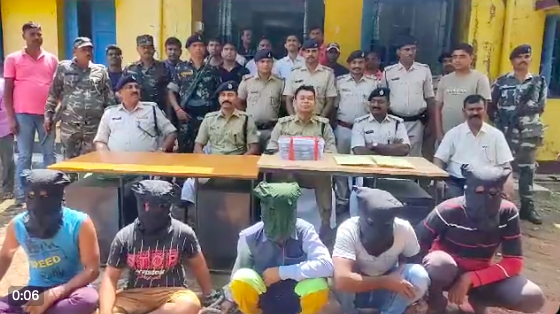
Mr. Singh said, “People has a misconception that the police and the offenders are allies. We often take action on our own and have been successful, too. Every day, the digital dump of local mobile towers are analysed and we take action if anything suspicious is found. For example, if any outside number is active in the area and suspicious activity like 100-200 calls are noticed, we take action.”
Jamtara Police are getting success, but they have their limitations. One of these is that most victims are not from Jharkhand but other states. But, still, Jamtara Police help with the investigations. Mr. Singh said, “We need more work force, logistics, and training, to tackle such crimes. Under the IT act, the punishment is very mild. The offenders treat it like a holiday. The punishment should be hard for the regular offenders.”
MODUS OPERANDI
The crimes are not limited to phishing or OTP sharing only. In their latest model, they don’t even ask for an ‘OTP’. Nowadays, the most prevalent one is extortion where the victim will get a blank call and the screen will be black. In a few days, they will make a video from that call showing the victim talking with someone in a compromised (dressed inappropriately) manner. Then the blackmailing will start.
In another model, the victim gets a call and is informed about electricity bill dues or the impending closure of a bank account. Then misusing the panic state of the victim, the offenders send him or her a link to pay.
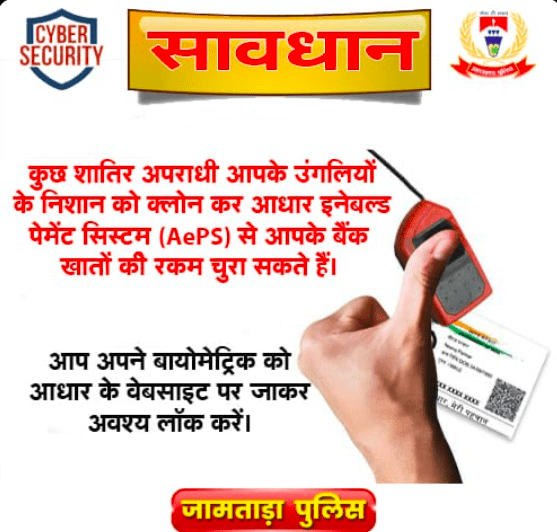
The other most common model is fake google advertisement. Sharing such a case, the officer said, “A victim was trying to book a session in Patanjali Yoga pith. He saw an advertisement page which led him to a fake website, through which, he did a booking. The website was masked in such a way that it was difficult for a layman to differentiate. They even provided a fake GST number and bill, too.”
ORGANISED VERTICALS
The biggest problem in cracking down on the phishing business in Jamtara is its geographical location and the organized verticals. It has dense forest areas and terrain, so it becomes difficult to confirm the location of the crime fast, reach there on time, and then chase the offenders. There are many areas where not even a bike can go, and in the run and chase, sometimes they slip away.

Besides this, phishing has become an organized business in Jamtara. Those involved work in groups and under separate verticals. If one group is in charge of arranging and delivering the fake sim cards, then another group is a technical team. They create the fake IDs, websites, and apps, too. Then there is the calling group which make calls to unsuspecting targets. Another team is responsible for getting the money, transferring it through various accounts, and converting it into white.
“It is very difficult to track the money. In some cases, the money will be received in an account in Delhi or Noida and will be delivered in cash in Jamtara. All of them have their fixed commission on the money,” said the officer.
NO ONE IS SAFE
Both the central and the state government are focusing on such crimes and have taken many initiatives to make people aware. There are centralized training programmes and such cases are centrally coordinated. The government is pushing the awareness campaigns through various channels, including social media.
Mr. Singh said that people are made aware about the latest modus operandi through videos and other social media campaigns. Yet, such crimes are happening every now and then. He also said that even conscious citizens like police and army officials, and judges, who are supposed to tackle these crimes, are getting duped.
— JAMTARA POLICE (@jamtarapolice) August 19, 2023
“There are only two major reasons why someone becomes a victim of such crimes. First is greed, and second is the unwillingness to take the pain to go out and get work done. We want everything to be done on phone, and the offenders take advantage of that. If you get a call about your bank account getting closed, then instead of panicking, just visit your branch. Also, before going to any website, first check if it is sponsored or whether the ‘URL’ looks suspicious,” he advised.

